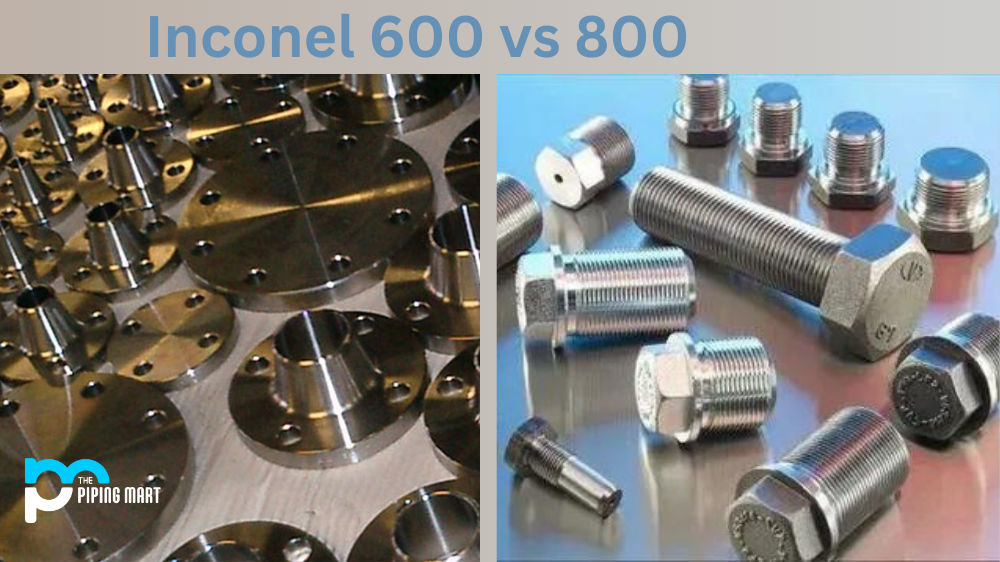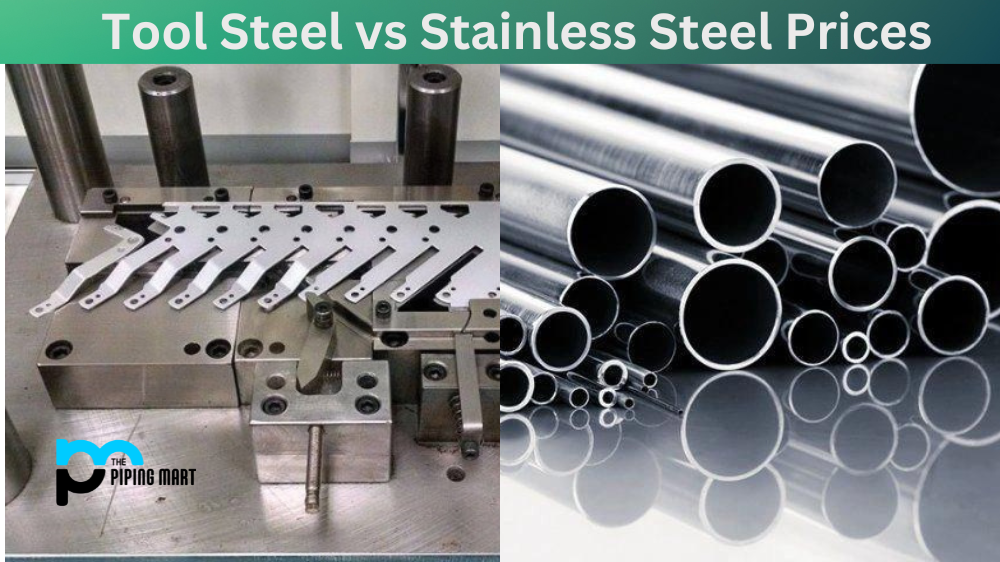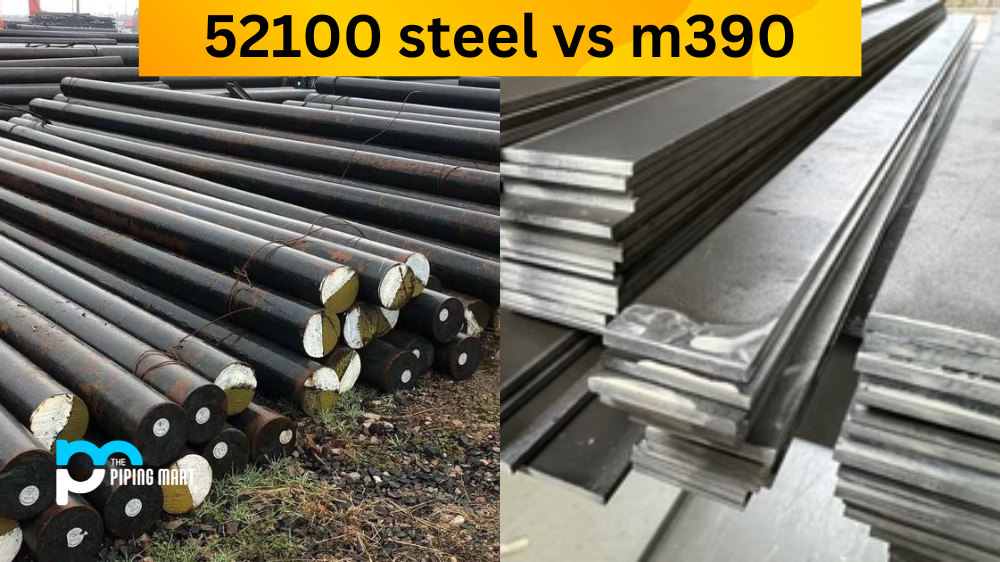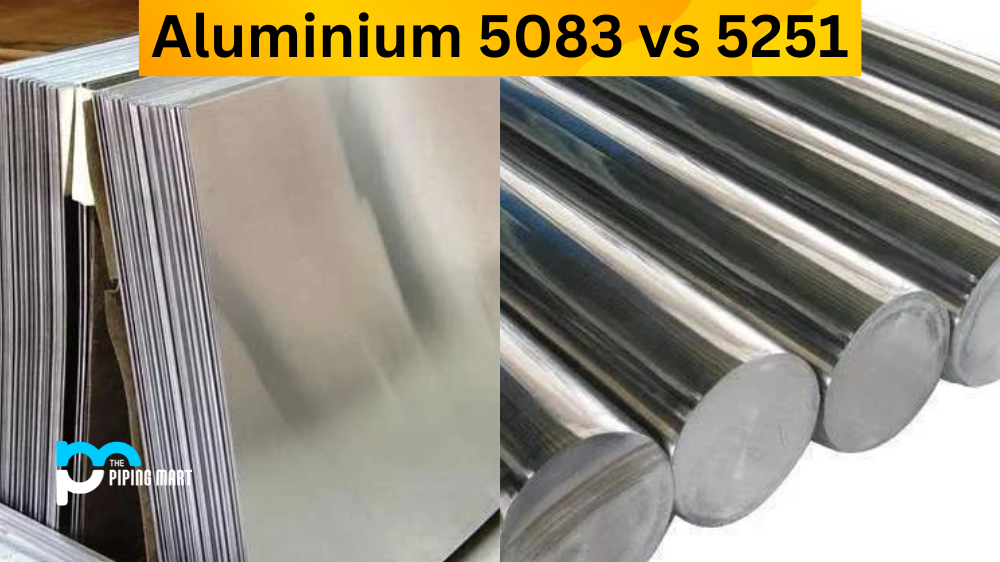When it comes to high-temperature applications, choosing a suitable alloy is crucial. Two of the most popular materials for extreme environments are Inconel 600 and 800. Both metals are ideal for handling high temperatures but have unique characteristics that make them suitable for different applications. In this blog, we will explore the differences and similarities between Inconel 600 and 800 so that you can choose the suitable alloy for your specific needs.
Difference Between Inconel 600 and 800
Composition and Properties
Inconel 600 is a nickel-chromium alloy with high resistance to corrosion and oxidation. It has high strength and toughness at elevated temperatures, which is ideal for heat-resistant applications. This alloy comprises 76% nickel, 15% chromium, and 8% iron. Its melting point ranges from 1370°C to 1425°C, and it can withstand temperatures up to 1093°C without deformation.
On the other hand, Inconel 800 is a nickel-iron-chromium alloy that can handle much higher temperatures than Inconel 600. It has excellent resistance to oxidation and carburization, making it ideal for high-temperature applications such as heat exchangers and furnaces. This alloy comprises 30% nickel, 46% iron, and 19% chromium. Its melting point ranges from 1350°C to 1400°C, and it can withstand temperatures up to 1177°C with minimal distortion.
Corrosion Resistance
Both alloys have similar corrosion resistance to many different chemicals, which makes them popular in chemical processing applications. However, Inconel 600 is more resistant to chloride-induced stress corrosion cracking than Inconel 800. This means Inconel 600 is better for marine environments or other applications exposed to chloride-containing solutions.
Weldability
Inconel 600 is a highly weldable alloy that can easily be fused with other metals. However, the same cannot be said for Inconel 800. It requires preheating and post-weld heat treatment to avoid cracking. The high iron content in Inconel 800 also makes it more susceptible to weld cracking and distortion.
Cost
Inconel 800 is more expensive than Inconel 600 due to its higher nickel content. If cost is a factor in your decision, Inconel 600 may be a better choice since it provides similar performance at a more economical price.
Application
Based on the above features, the choice between Inconel 600 and Inconel 800 depends on your specific application. If you need an alloy that can handle higher temperatures (up to 1177°C) and resist carburization, Inconel 800 is the ideal choice. Similarly, if you require an economical option for marine environments, Inconel 600 is better.
Other Differences
- Inconel 600 is an alloy made up of nickel, chromium and iron. It is known for its high strength and corrosion resistance.
- Inconel 800 is an alloy made up of nickel, chromium and iron. It is known for its high strength and corrosion resistance.
- Inconel 600 has a higher carbon content than Inconel 800, which gives it better strength and hardness properties.
- Inconel 800 has a higher chromium content than Inconel 600, which gives it better corrosion resistance.
- Inconel 600 is typically used in applications where high strength and corrosion resistance are required, such as chemical processing equipment, valves and pumps.
- Inconel 800 is typically used in applications where high strength and corrosion resistance are required, such as chemical processing equipment, valves and pumps.
- Inconel 600 can be welded using all standard welding methods, but Inconel 800 is more difficult to weld due to its higher chromium content.
- Inconel 600 is cheaper than Inconel 800 due to its lower chromium content.
Conclusion
Inconel 600 and Inconel 800 have unique characteristics that make them ideal for high-temperature applications. While both alloys have excellent corrosion resistance and similar composition, they have some notable differences, such as cost, weldability, and maximum operating temperature. To choose the suitable alloy for your application, consider the properties that matter most to you. Inconel 600 is an excellent choice for marine environments or applications that require cost-effectiveness, while Inconel 800 is ideal for high-temperature environments where it can resist carburization.

Abhishek is a seasoned blogger and industry expert, sharing his insights and knowledge on various topics. With his research, Abhishek offers valuable insights and tips for professionals and enthusiasts. Follow him for expert advice on the latest trends and developments in the metal industry.




